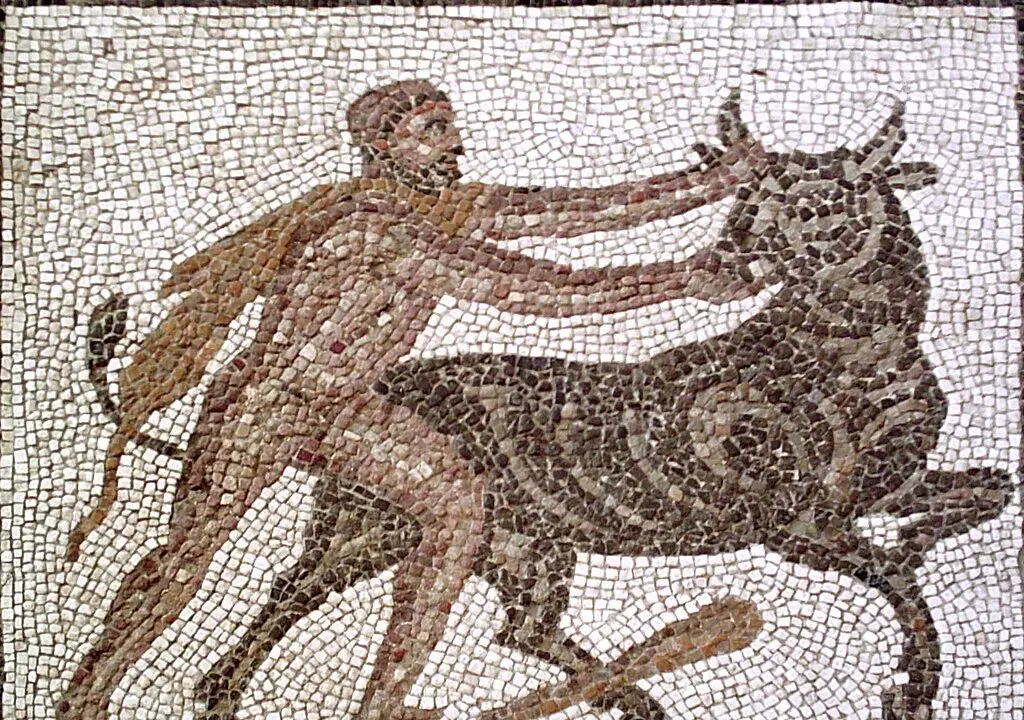Today, it seems that we are in a world where facts and truth are no longer important; how we feel seems to be the key criterion for establishing whether something is true or not. So we hear the expression “my truth” everywhere, meaning that it is irrefutable because it is “my truth,” no matter what the facts are.
The ancients had a different understanding of what really counted. The Greeks, in particular, understood the psychology of the human mind: how it works, what it seeks, and, most importantly, what the consequences are for the hubris of ignoring the gods’ advice or commands—the gods’ advice, of course, according to reality and the facts.






